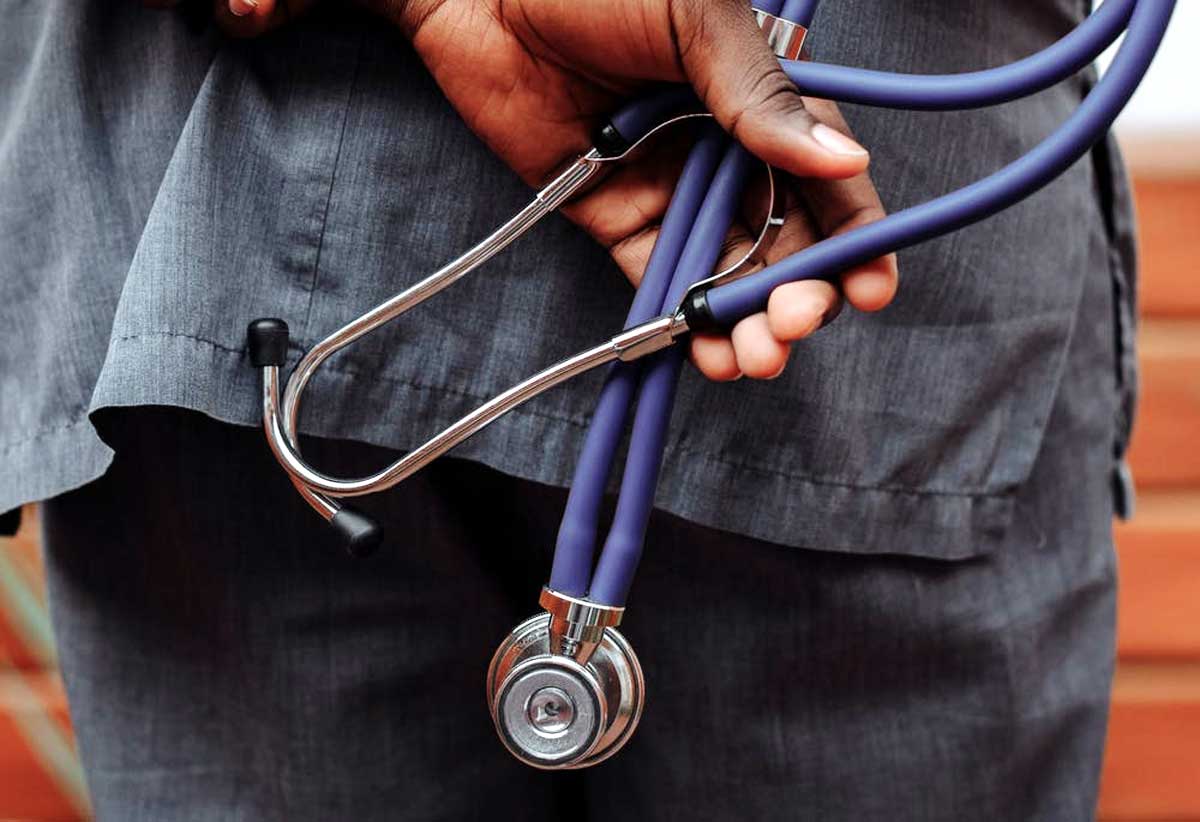
THE change of environmental and long-term weather conditions in the Caribbean can undeniably be attributed to rising carbon dioxide (CO2) levels because of human activity, particularly the burning of oil, gas, and coal. The effects of climate change are compounded by the destruction of forests and environmental pollution. The small-island and low-lying territories of the Caribbean, with economies based on agriculture, fisheries, tourism, and service industries, are particularly vulnerable.
Climate change in the Caribbean has resulted in rising sea levels; destruction of coral reefs; loss of beaches, such as Hellshire beach in Jamaica; severe flooding in Dominican Republic, Guadeloupe, Guyana, Haiti, St. Lucia, Suriname, and Trinidad and Tobago; and more destructive hurricanes affecting the region as experienced by Antigua and Barbuda, Dominica, the Virgin Islands, Puerto Rico, St Maarten, The Bahamas, and other territories.
As the Earth heats, the most fundamental determinants of health will be affected such as air quality, water quality, food availability, housing integrity, infectious disease occurrence, and political stability. With the rise of extreme weather events like hurricanes, floods, and heatwaves, people will experience increased injuries, and physical and mental illnesses. Droughts or heavy rains will affect food production, which can lead to malnutrition and higher food prices. Diseases like malaria, dengue and gastroenteritis can spread more easily and affect more people. Some will be displaced from their homes and forced to migrate, while others will do so voluntarily.
Climate change will also directly impact health facilities, which may be damaged during extreme weather events, or overloaded by the resulting increased demand for emergency care. Health facilities and systems must become more resilient and reduce their significant CO2 emissions and environmental impact. Environmentally sustainable and resilient health facilities will positively impact the well-being of patients, staff and future generations.
Healthcare sector leaders, healthcare professionals, and other stakeholders have a unique opportunity to acknowledge the challenges and recognize the urgency of this moment. We may be the last generation to have the chance to act to avoid major catastrophe. We must purposefully engage policymakers, the public, and other key stakeholders in making CO2 emissions reductions and system resilience a priority.
We call for and commit to the following:
• Increasing public and health professional awareness of the impact of climate change on health
• Strengthening community resilience to address the threat of climate change
• Convening frequent regional knowledge exchange events
• Advocating for climate resilient health systems including a climate-educated health workforce
• Promoting practical actions to reduce the effect of climate change on health
• Expanding partnerships around climate and health action
Acknowledgment
Members of the Working group
Dr. Brian James, President, Medical Association of Jamaica
Dr. Carolyn Jackson, Assistant Honorary Secretary, Medical Association of Jamaica
Dr. Damion Basdeo, President, Trinidad and Tobago Medical Association
Dr. Andrew Lakhan, Chair of Climate Change and Health Subcommittee, Trinidad and Tobago Medical Association
Dr. Lynda Williams, President, Barbados Association of Medical Practitioners
Dr. James Hospedales, Executive Director, EarthMedic and EarthNurse Foundation for Planetary Health
Dr. Loren De Freitas, Associate Member, EarthMedic and EarthNurse Foundation for Planetary Health
Dr. Merle Clarke, President, St Lucia Medical and Dental Association
Dr. Dianne Ferdinand-Walcott, Vice President, St. Lucia Medical and Dental Association
Dr. Firoz Abdoel Wahid, Association of Medical Doctors in Suriname
Dr. Mukesh Simbhoedat Pandey, Chairman, Association of Medical Doctors in Suriname
27th July 2023.













